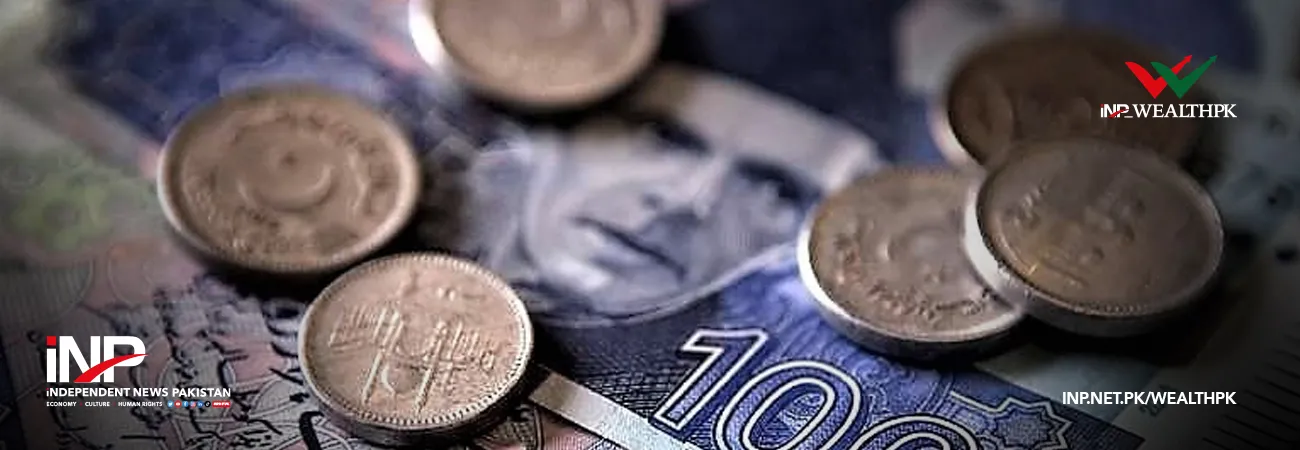آئی این پی ویلتھ پی کے
Ayesha Saba
Experts have called for deeper Pakistan-China collaboration in science, technology, and higher education, emphasizing that technological advancement is the key driver of development in the modern world, reports WealthPK.

Speaking at a recent seminar, titled “China's Investment in Information Technology and Artificial Intelligence in Pakistan,” Founding Chair of Global Silk Route Research Alliance (GSRRA) Prof. Engineer Zamir Ahmed Awan underscored the importance of nurturing human capital to fully benefit from technological tools.
“Having access to the latest technology is not enough — knowing how to use it is what counts,” he said, adding that many users, including himself, utilize only a small fraction of their devices' capabilities due to limited technical know-how. He highlighted China's pivotal role in helping Pakistan build its scientific capacity.
Currently, nearly 80% of students in the country are enrolled in STEM fields such as engineering, IT, medicine, and chemistry. Thousands more have graduated from Chinese universities over the past five decades, many of whom are now contributing to Pakistan’s development. “Chinese universities have focused on research, innovation, and global collaboration,” he said.
He emphasized China’s leadership in emerging technologies such as Artificial Intelligence (AI), Internet of Things (IoT), 5G, and upcoming 6G networks. “Chinese companies like Huawei are global leaders, and their investment in broadband infrastructure is a backbone for technological growth,” he said. While China remains open and generous in its cooperation, the expert warned that Pakistan must overcome its internal challenges, particularly in the mindset.
“We often lack vision and willingness to learn. Chinese professionals are driven by innovation and long-term planning. In contrast, we sometimes seek shortcuts without investing in the learning process,” he said. He urged Pakistani institutions and policymakers to foster a research-driven culture and adopt a forward-thinking approach.
“China has provided us with an opportunity to learn and grow. It is now up to us to respond with commitment, vision, and action,” he said. Talking to WealthPK, Khan Muhammad Wazir, Director General of Ministry of Science and Technology, said, “AI has become a subject of fierce competition among major powers and nations around the world.
The inclusion of AI into economic and security systems has become a necessity for many countries in recent years. China’s AI revolution is fundamentally rooted in decades of deliberate investment in education, research, and skill-building.” He noted that China had established a number of AI research institutes with government backing.
According to him, such coordinated policy efforts reflect China’s understanding that the foundation of any technological breakthrough lies in a highly trained workforce. He urged the formation of a dedicated digital authority and deeper Sino-Pak cooperation to localize and integrate AI innovations.
“Pakistan must act swiftly and strategically,” he said. Concluding, he said, “If we are to benefit from the global AI revolution, our institutions must be ready to embrace change, and our policies must prioritize capacity-building in both education and industry.”
Credit: INP-WealthPk












